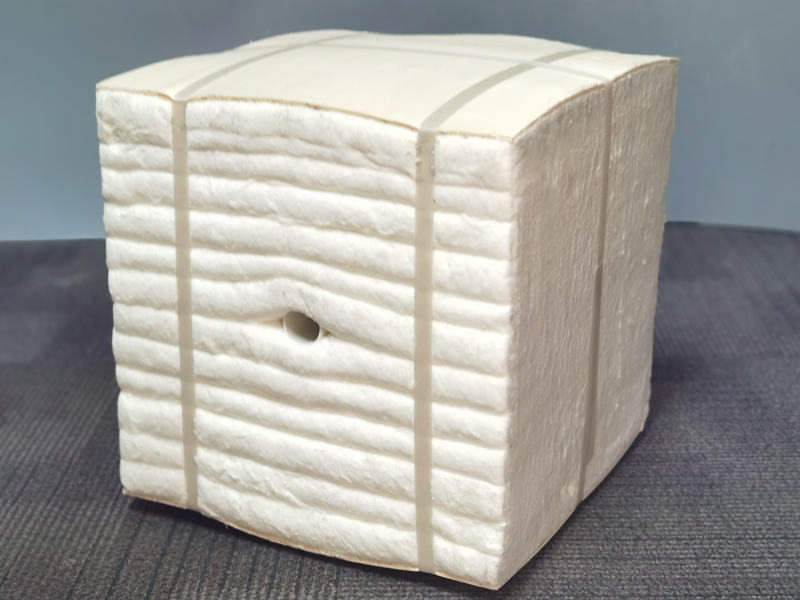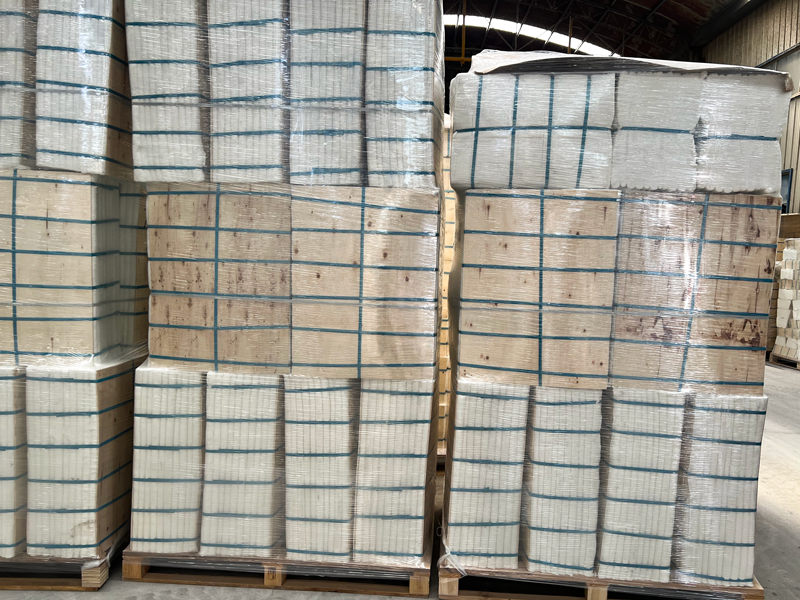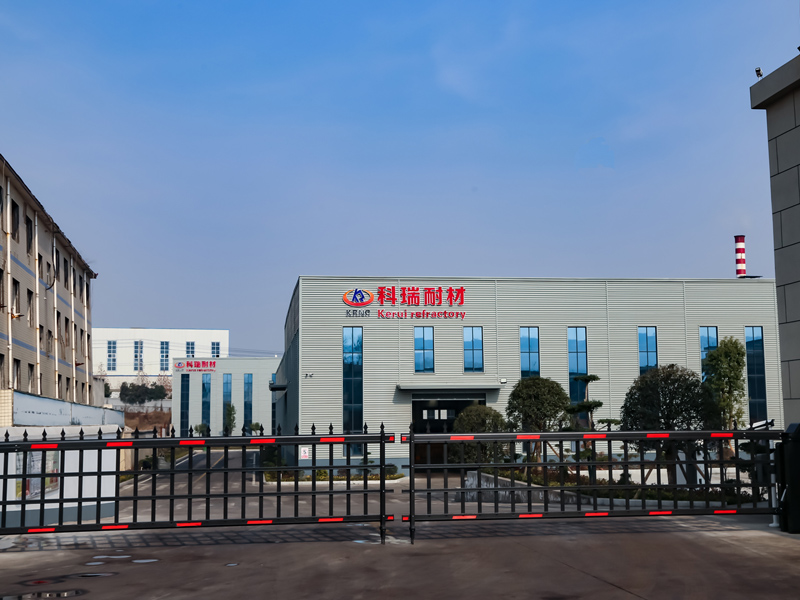In high-temperature industrial applications, thermal insulation plays a critical role in maintaining efficiency, safety, and cost-effectiveness. Ceramic fiber modules, also known as ceramic fiber blocks, are an excellent choice for insulation in such environments. These modules are made from high-quality ceramic fibers, offering exceptional thermal resistance, low heat storage, and excellent insulation properties. In this comprehensive guide, we will explore the world of ceramic fiber modules, including their properties, applications, and key factors to consider when selecting the right product for your specific needs.

What are Ceramic Fiber Modules?
Ceramic fiber modules, or blocks, are prefabricated insulation units made from high-grade ceramic fibers. These fibers are typically composed of alumina-silica, offering excellent thermal insulation, low thermal conductivity, and exceptional resistance to high temperatures. The modules are designed with interlocking mechanisms or anchor systems for easy installation and provide superior insulation in various industrial applications.
Key Properties and Advantages
Ceramic fiber modules offer numerous advantages that make them a popular choice for high-temperature insulation:
Excellent Thermal Insulation: Ceramic fiber modules have low thermal conductivity, minimizing heat transfer and reducing energy consumption.
Low Heat Storage: These modules have low heat storage capacity, allowing for rapid heating and cooling cycles, thus improving process efficiency.
Exceptional Thermal Stability: Ceramic fibers exhibit excellent thermal stability, maintaining their insulation properties even at extremely high temperatures.
Lightweight and Easy to Install: Ceramic fiber modules are lightweight, making them easy to handle and install. They can be easily cut and shaped to fit complex equipment configurations.
Resistance to Thermal Shock: These modules have high resistance to thermal shock, ensuring their durability and longevity in demanding industrial environments.
Chemical Resistance: Ceramic fibers are chemically inert and exhibit good resistance to most chemicals, making them suitable for applications involving corrosive environments.

Applications of Ceramic Fiber Modules
Ceramic fiber modules find applications across various industries, including:
Petrochemicals: They are used for insulation in furnaces, heaters, reformers, and other high-temperature equipment in the petrochemical industry.
Steel and Non-Ferrous Metals: Ceramic fiber modules are employed in the lining of furnaces, ladles, tundishes, and other equipment in the iron, steel, and non-ferrous metals industry.
Power Generation: These modules are used for insulation in boilers, ducts, chimneys, and other high-temperature components in power plants.
Glass Manufacturing: Ceramic fiber modules find use in the insulation of glass melting tanks, furnaces, and other high-temperature areas in the glass industry.
Ceramics and Kilns: They are utilized for insulation in kilns, ovens, and other ceramic processing equipment.

Factors to Consider When Choosing Ceramic Fiber Modules
When selecting ceramic fiber modules for your specific application, consider the following factors:
Temperature Rating: Ensure that the modules you choose can withstand the maximum temperature of your application. Ceramic fiber modules are available in various temperature ratings.
Density and Thickness: Evaluate the density and thickness of the modules to determine their insulation efficiency and mechanical strength.
Anchoring Systems: Consider the type of anchoring system provided with the modules, as it affects the ease of installation and the overall performance of the insulation.
Chemical Compatibility: Assess the chemical environment of your application to ensure that the ceramic fiber modules are resistant to corrosive substances.
Module Size and Configuration: Consider the dimensions and shapes of the modules to ensure they fit the specific requirements of your equipment and allow for easy installation and replacement.
Choosing a Reliable Manufacturer
To ensure the highest quality ceramic fiber modules, it is crucial to choose a reputable manufacturer. Look for a company with a proven track record, certifications, and a commitment to quality control. Additionally, consider factors such as product customization capabilities, technical support, and after-sales service.
In conclusion, ceramic fiber modules offer exceptional thermal insulation properties and are widely used in various high-temperature industrial applications. By understanding their properties, applications, and the factors to consider when choosing these modules, you can make an informed decision that meets your specific needs. Remember to choose a reliable manufacturer to ensure the highest quality and long-lasting performance. With ceramic fiber modules, you can achieve optimal thermal insulation, energy efficiency, and safety in your industrial processes.
